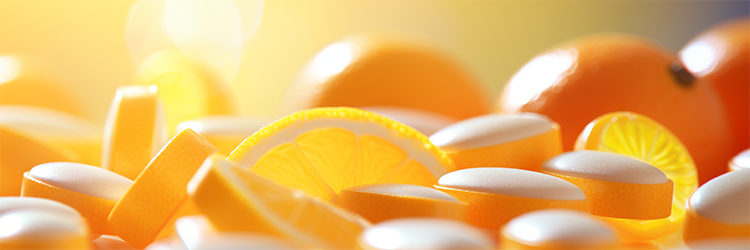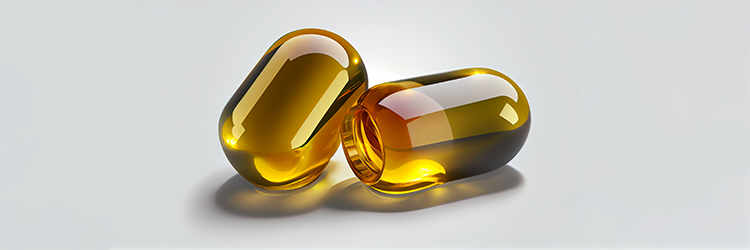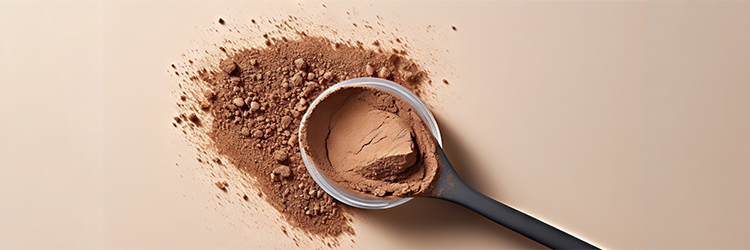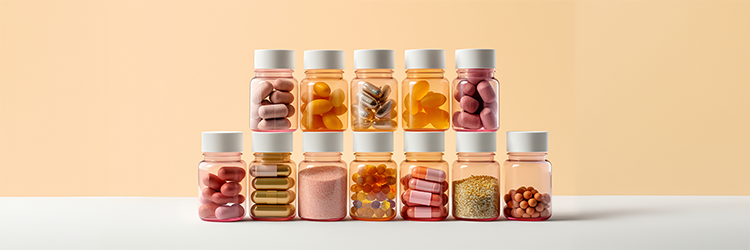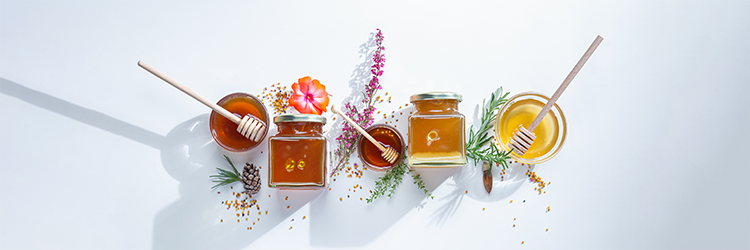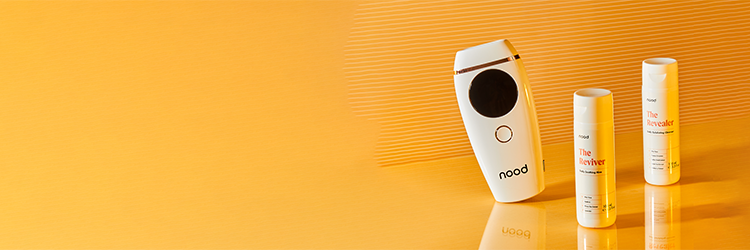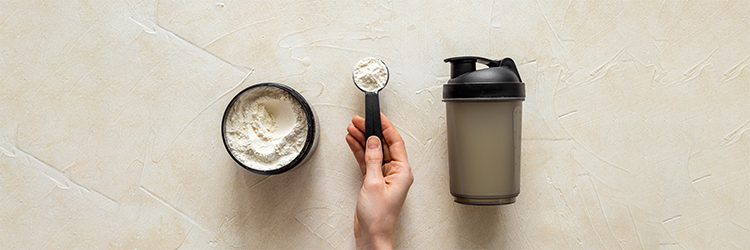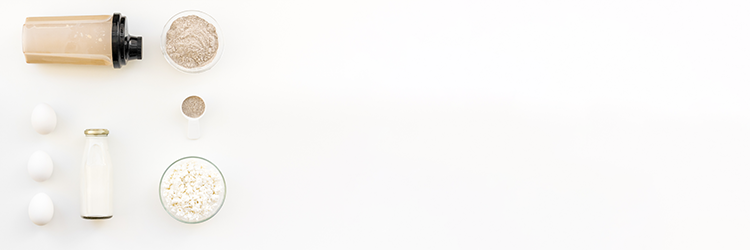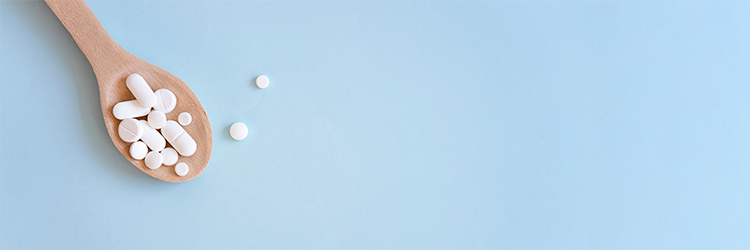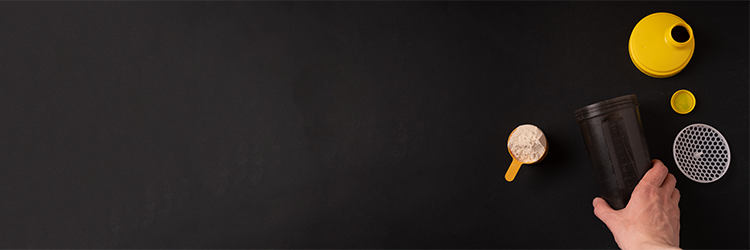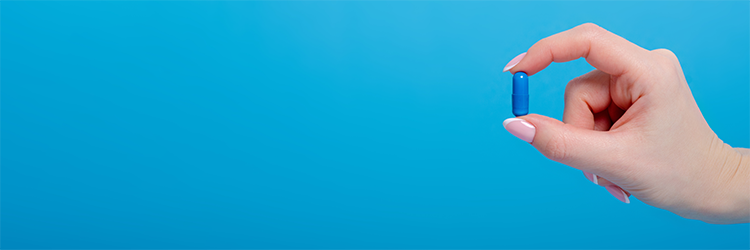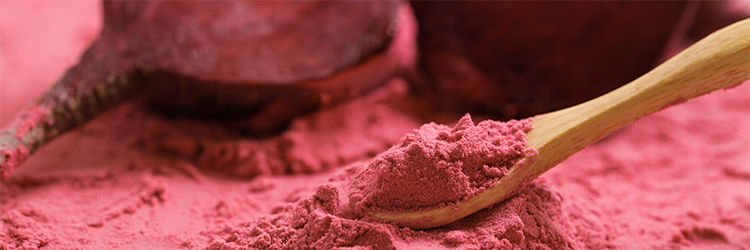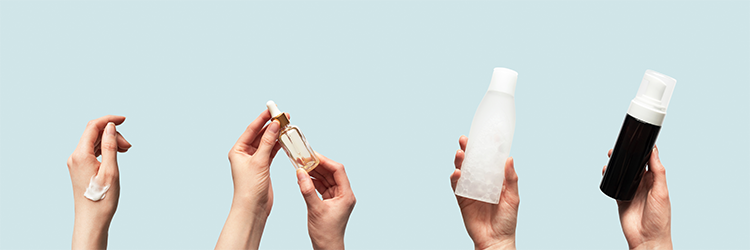
Disclaimer: None of the information in this article constitutes medical advice, and is just the opinion of the writer(s). We recommend that patients follow their doctor’s guidance in regard to vaccines.
There are a lot of conflicting views online about vaccines, and especially about the COVID-19 vaccine, with some online health publishers suggesting that a vaccine detox can benefit health.
But is there any medical evidence that detoxing from vaccines benefits health? When are detoxes typically recommended? Are the inactive ingredients in vaccines toxic? And how does the mercury content in vaccines compare to other sources, like consumption of fish?
In this article we’ll answer all of these questions and more, as we review medical studies to explain when detoxes are typically recommended, whether or not the active ingredients in vaccines are toxic, and whether or not the inactive ingredients in vaccines are toxic.
We'll also compare the mercury content in vaccines to that in other sources like tuna, and share our concerns about some vaccine detox products.
Key takeaways:
- Active ingredients in vaccines aren't toxic
- No correlation between mercury content in vaccines and autism
- Many health companies making unproven detox claims
Are Vaccines Toxic?
The active ingredient in most vaccines is a biological compound which mimics a virus, and allows the body’s immune system to build antibodies which can fight the targeted virus if exposed to it in the future.
This means that someone receiving a COVID-19 vaccine shot should be less likely to get seriously ill from COVID-19 once they’re fully vaccinated, because their body’s natural defense mechanisms will be heightened.
To make the comparison clearer, a vaccine is a substance which may cause uncomfortable effects for a short duration, but should not be toxic to the body. Certain heavy metals like lead and pesticides like paraquat are directly toxic to the body.
We have not come across any clinical evidence that the active ingredients in vaccines are toxic, or require detoxification to recover from.
A 2022 analyzed data on side effects and toxicity of the COVID-19 vaccine. The study authors reported no toxicity of note.
Are the Inactive Ingredients Toxic?
Many websites claim that the adjuvants, which is the medical term for inactive ingredients in a vaccine, are what's actually toxic as opposed to the vaccine itself.
Some inactive ingredients may be toxic, but toxicity depends on dose, and the clinical evidence we surveyed suggests that the dose of inactive ingredients in vaccines is relatively low and poses no health or safety risk.
A published in the Vaccine journal investigated aluminum exposure in children (from vaccines and dietary sources) and found that the combined intake was extremely low and posed no health or safety threat.
A published in the Pediatrics journal disproved the link between mercury-containing vaccines and autism, because autism diagnoses have continued to rise while the mercury content in vaccines has substantially dropped.
It’s worth noting here that the mercury in vaccines (which has been phased out of nearly all vaccines given to children in the US) is in the form of ethylmercury, which is much less toxic than methylmercury (the form in fish).
According to the Children's Hospital of Philadelphia, the Pfizer and Moderna COVID vaccines do not contain any inactive ingredients.
Overall, we cannot find any evidence suggesting that inactive ingredients in vaccines, even when included, are toxic at their respective doses.
Do Vaccine Detoxes Make Sense?
All of the available research that we've come across suggests that a vaccine detox is not necessary nor likely to provide any health benefits.
We are exposed to contaminants of all forms in modern society, but the dose makes the poison.
It’s true that you may be exposed to a very small amount of toxins in a vaccine (but not the Pfizer and Moderna COVID-19 vaccines which have no inactive ingredients), but they should not require a detox.
People don't consider a detox after eating a dinner containing fish, even though the mercury levels in that fish dinner are likely higher than the mercury levels in vaccines containing mercury, and fish is consumed far more often by the average American than vaccines are taken.
the Food and Drug Administration (FDA), the standard mercury dose from vaccines with preservatives is equivalent to the mercury dose in three ounces of tuna.
People don't consider detoxing after eating a bowl of rice, even though rice contains trace amounts of arsenic. The human body is able to naturally detoxify these low-dose toxins.
An investigative report from the Atlanta News First channel interviews experts about vaccine detoxes:
When are Detoxes Necessary?
The need for detoxification in a medical setting typically stems from rare exposure to extremely high levels of heavy metals or other contaminants like pesticides.
These detoxification procedures, like chelation therapy, tend to carry significant risks because forcing the body to process and excrete large amounts of toxins at once can be hard on the body.
The body is constantly undergoing natural detoxification processes, but occasionally there are rare environmental conditions which may cause someone to require medically-assisted detoxification.
The liver and kidneys, along with the lungs, work to detoxify the blood to maintain optimal health. The liver changes the chemical nature of most toxins, as by InformedHealth.org, rendering them harmless, while the kidneys filter toxins out of the blood into urine.
Certain toxins, like heavy metals, bioaccumulate in the body and can overwhelm natural detoxification systems.
An individual who was working in an industrial facility for decades and who was exposed to significant amounts of mercury, for example, could get sick from mercury poisoning if the amount in their bloodstream became too high for their organs to properly filter.
In such rare cases, a detox may be recommended by a medical professional using chelation therapy, which is a risky medical treatment involving compounds that bind to heavy metals and allow patients to excrete them.
Can Tea Support Natural Detox Processes?We receive compensation when readers purchase the products or services we recommend.

We don't recommend the use of food products or supplements to "cleanse" or "remove toxins" from the body.
However, there are compounds which can support the body's natural detoxification processes, that consumers intent on detox support could consider.
Rooibos tea was shown to support optimal liver function in a published in the Oxidative Medicine and Cellular Longevity journal.
The study authors concluded the following:
"Results from this study suggest that the daily intake of unfermented rooibos herbal tea or a derived commercial rooibos supplement may benefit human health by providing the liver with an enhanced antioxidant capacity to reduce damage induced by toxicants."
Pique Rooibos Tea is our top rooibos tea pick, because it's conveniently packaged in crystallized form and only hot water (no teapot) is needed to make it. The only ingredient in this product is organic rooibos.
Interested consumers can check out Pique Rooibos Tea at this link to the product page on the brand's official website.
We are not suggesting that rooibos tea should be used to treat any health condition.
Products to Look Out For
At the time of updating this article, many health brands are still selling vaccine detox products and services.
We recommend that consumers be extremely wary of such products and services, because we haven't seen clinical proof of safety and efficacy for any of them.
If you're a consumer evaluating a vaccine detox product, look to see if the brand provides any proof this product actually works.
Has this product or service been tested in clinical trials published in peer-reviewed medical journals and shown to be effective? Has it been safety tested? Are there any doctors or licensed medical professionals associated with its manufacture and marketing?
These are questions that we recommend consumers ask themselves about vaccine detox products, but our overall takeaway is that they're a waste of money and potentially unsafe.








































































